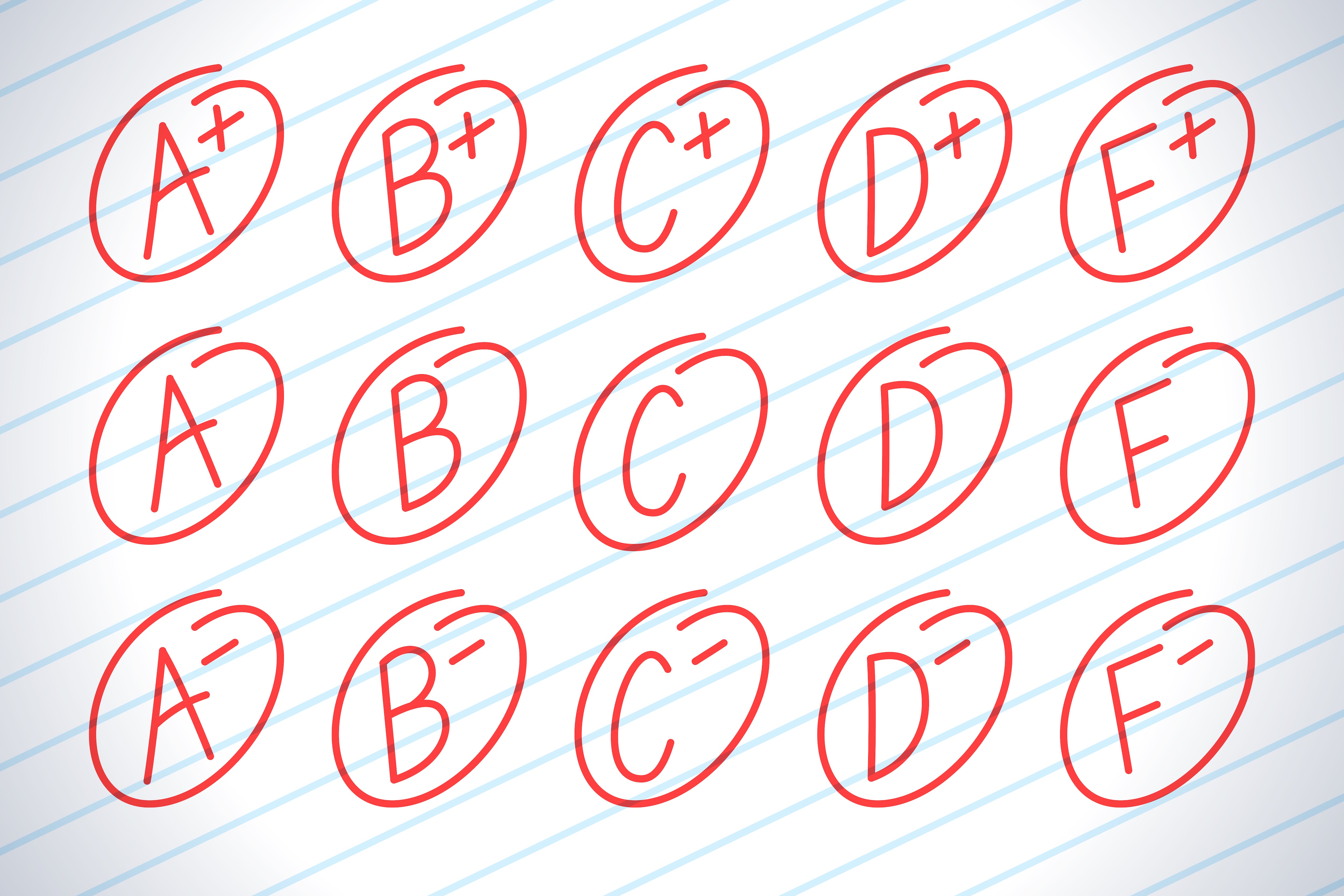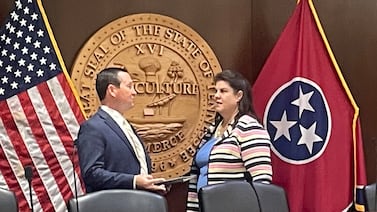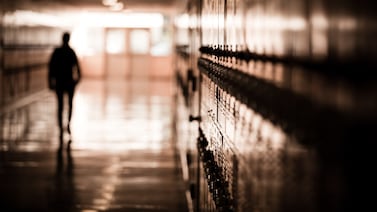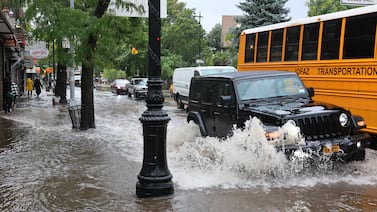Newark classrooms are dark, lessons are online, and students are learning from home. But there’s one thing the coronavirus hasn’t changed: grades.
Newark Public Schools students will receive report cards this week for the third marking period, which ended earlier this month and includes several weeks when school buildings were closed. Superintendent Roger León extended the marking period so students could use spring break to complete assignments they might have missed during the abrupt shift to remote learning.
But, unlike some districts that have overhauled their grading policies in response to the massive disruptions caused by the pandemic, Newark schools will continue giving grades as usual while students learn from home, León said in a message last week.
“Although we did not change our grading policy beyond this extension, we must be flexible during these trying times,” he wrote, without elaborating on what flexibility schools can provide.
A district spokeswoman did not respond to questions Monday.
The pandemic has forced school districts across the country to reconsider how they assign grades, which factor into high-stakes decisions such as whether students are promoted to the next grade level or admitted into selective high schools. Many districts have adjusted their grading policies in light of the numerous obstacles that can keep students from learning at home during the pandemic, such as limited computer or internet access, working parents, or turmoil that arises from unemployment or illness.
Districts have come up with different ways to revamp their grading policies.
In New York City, elementary and middle school students will receive a grade of either “satisfactory” or “needs improvement,” while high schoolers will get the usual letter grades with the exception that no F’s will be given — only “incomplete,” according to new policies the district is expected to announce. Denver is letting high school students choose whether to receive letter grades or simply credit or no credit, while Chicago and other districts are taking a “no harm” approach where grades can only improve during remote learning, not decline. In New Jersey, at least one small district has switched to pass/fail grading.
As recently as this month, León considered moving to a pass/fail system.
“The question that I have for the group is: Do we continue with the grading system that we have, or do we actually go to pass/fail,” León said during a virtual meeting with high school seniors on April 3. “I haven’t made a decision yet.”
León posed the same question to teachers in a meeting several weeks ago, said Newark Teachers Union President John Abeigon, adding that León encouraged teachers to email him their arguments for or against the policy change. Abeigon said he agrees with León’s decision not to scrap grades, which he said would send students the message that virtual learning is optional.
“We need to find ways to encourage them to continue online learning, not discourage them,” he said, “and continue to reward them for doing well, not give them a pass because of the pandemic.”
Teachers have tried to ease the burden on students — and prevent their grades from slipping — by only assigning work a few days per week or setting flexible due dates.
Still, it’s possible that many students’ grades will suffer without a change in district policy. Several weeks into remote learning, some students still had not logged onto virtual learning platforms and about 2,100 students still lacked laptops.
Jaz West-Romero, who has four children at Luis Muñoz Marin School, said she knows her children have failed to submit some assignments and attend some virtual classes. Part of the problem is the videoconferencing tool the district now uses, which she said is unreliable and hard to use. She’s stopped even trying to get her kindergartner to attend the video classes, she said.
But the bigger challenge is managing her children’s home learning while continuing to do legal services work.
“I still need to pay rent,” she said. “I don’t have the capacity to be a full-time teacher for four kids.”
West-Romero said she thinks the district has done a good job overall making the quick transition to virtual learning. But she called the decision to keep the traditional grading system “ridiculous,” adding that she expects many students will fail — possibly even her own.
“If they’re sticking to that, fine,” she said about the district’s grading policy. “But I don’t know if they understand the scope of the problem down the road.”








